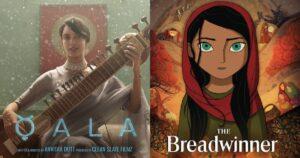Web series have been changing the way we consume content for a while now. The way most web series approach content, casting, and treatment of stories is not just different from mainstream Bollywood, but also far more relatable, and consequently, far more entertaining.
And while web series and Bollywood can obviously not be entirely similar, there’s a lot that Bollywood can learn from web series:
1. On-point casting.
The biggest win of the web series has to be their on-point casting. Time after time, the shows, and even some of the movies made for OTT, cast actors that were culturally compatible with the story. And it made all the difference.
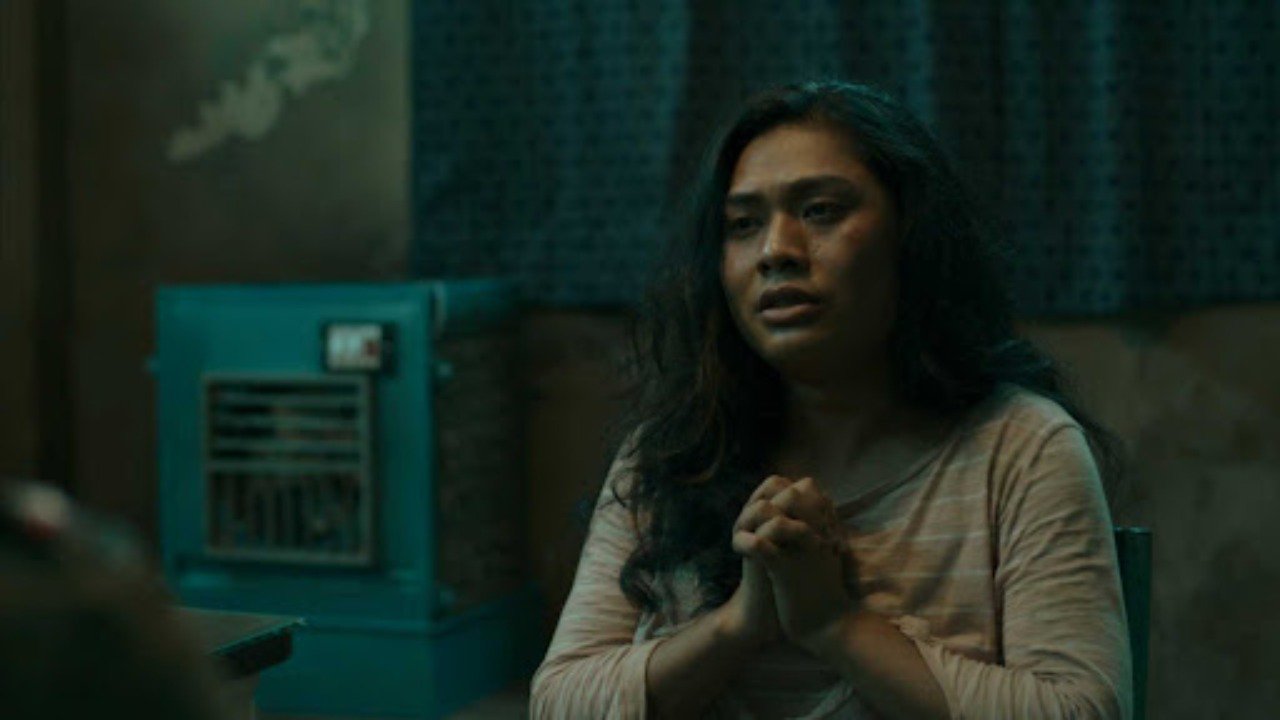
2. No unnecessary songs.
Most web series rely on stories – and thus are not forced to use crappy remixes or sappy heartbreak songs to sell mediocre stories. There is also a bonus to this, at least for me – discovering new songs that have actually improved my playlist, and my mood. Not to mention, they fit a story organically, and didn’t look out of place at all.
3. A solid theme music/background score.
I can’t seem to remember the last film that actually developed a theme track that suits the story, or had a background score that you found hard to get out of your mind. But web series have done a phenomenal job at creating brilliant theme songs – then be it Sacred Games or Gullak or Little Things.
4. Highly realistic, in terms of dialogues, clothes, and settings.
Yes, there have been realistic movies, but we’ve certainly seen enough movies set in a world that looked nothing like the one we inhabit (I am still not over Delhi having a haveli in K3G). Web series, on the other hand, rely heavily on realism and manage to strike a chord with the audience even when talking of characters we have nothing in common with.
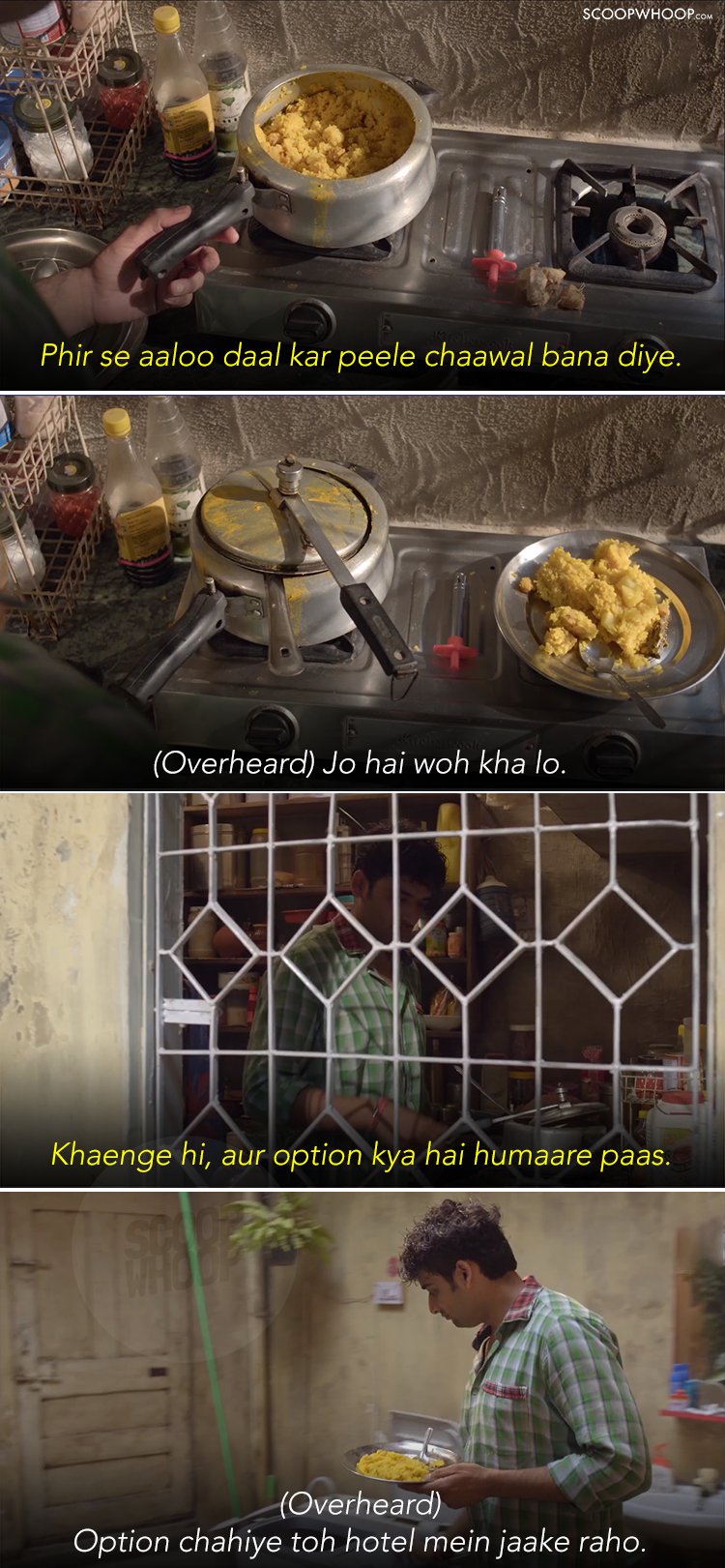
5. Innovative opening credit scenes.
From the mandalas in Sacred Games to the cute graphics in Little Things, from the real-weddings in Made in Heaven to scenes that looked straight out of a painting in A Suitable Boy, web series have served opening credit scenes that made me wary of even accidentally clicking on ‘Skip Intro’. And that’s something movies could also incorporate.
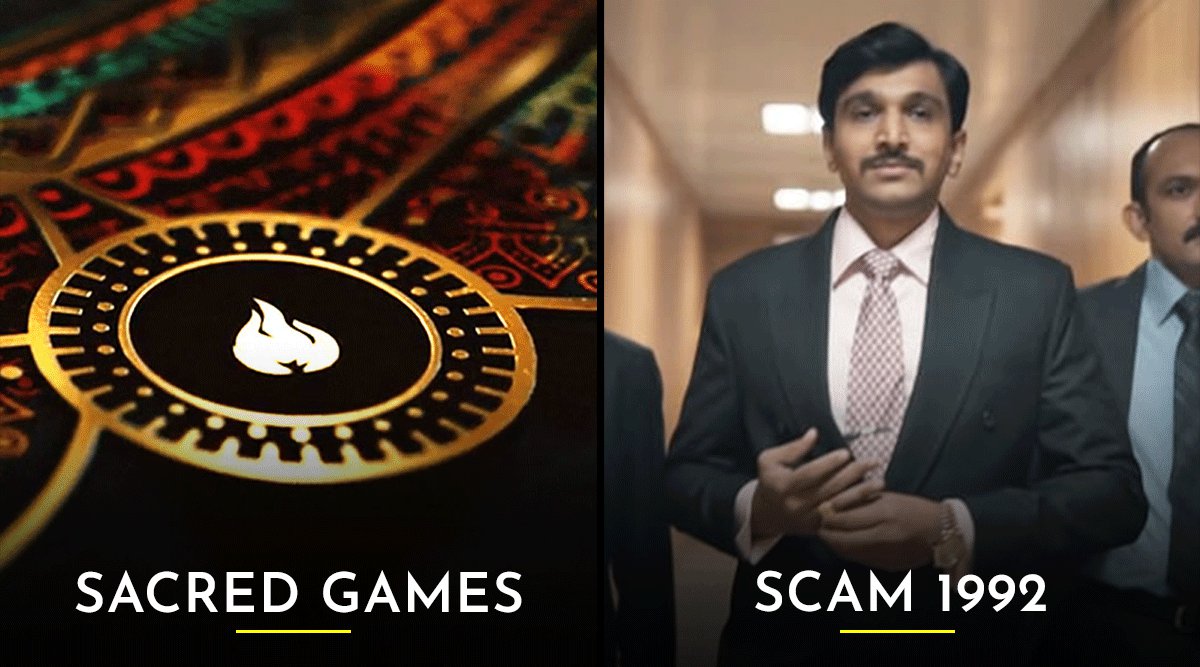
6. Giving prominence to ‘actor’ over ‘star’.
Web series gave leading roles to so many actors who’d been reduced to stock characters and supporting roles in mainstream movies. It also brought back older actors, especially women, who Bollywood could only view as mothers. And the result was nothing short of phenomenal. Whether they were underrated dramas (Tabbar, Gullak, etc.) or popular shows (Arya, The Family Man, etc.), web series redefined the concept of a ‘hero’, and the audience definitely noticed the difference.
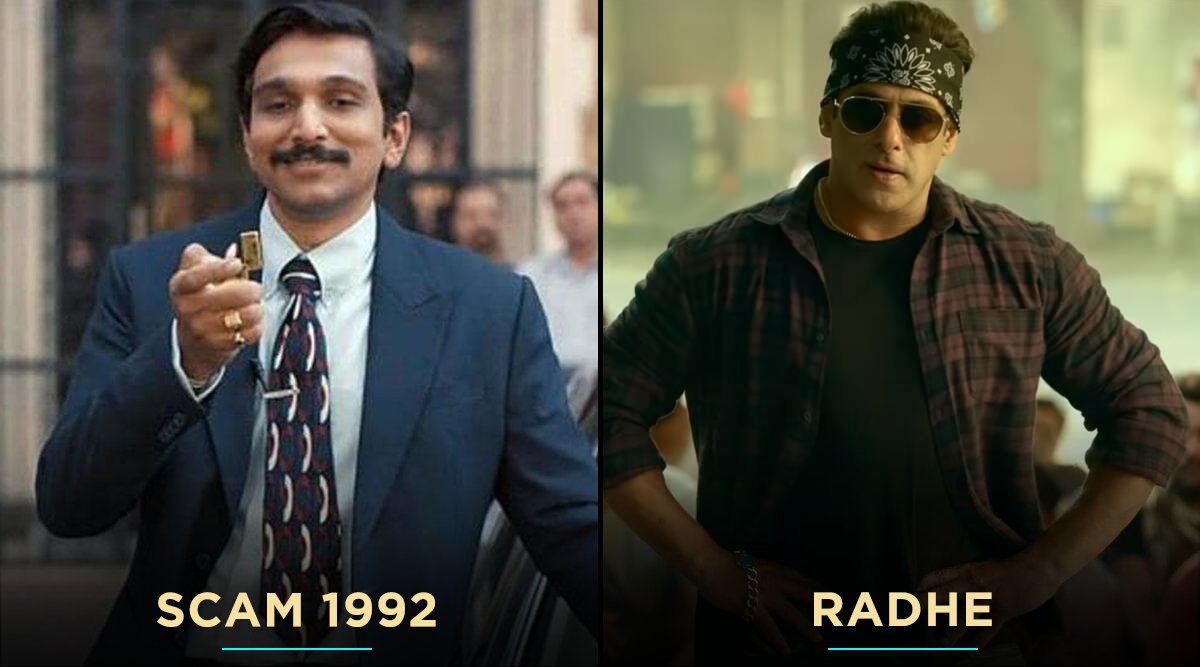
7. Serving humor, romance, and drama – without being toxic.
Let me start by saying that yes, not all web series managed to do this. But enough of them did, that it made us sit up and take notice. Because Bollywood had made us so accustomed to toxic romances and regressive humor, that clean comedy with relatable dialogues and romances that left us smiling for real, felt like a much-needed breath of fresh air.
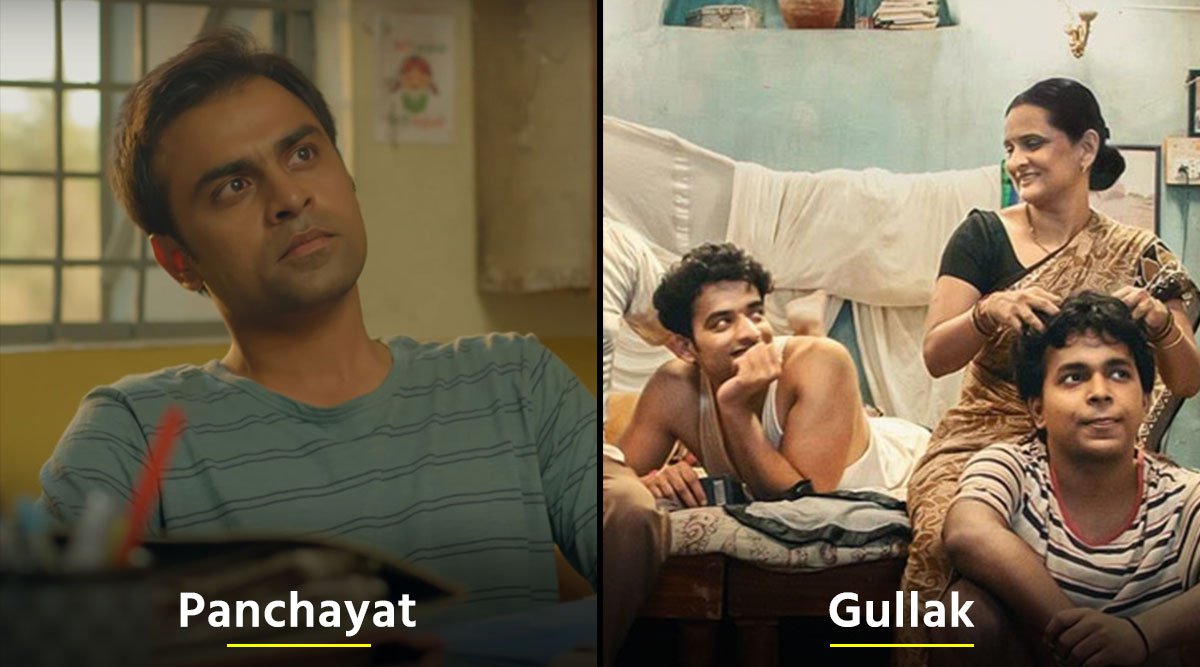
8. Avoiding cultural appropriation and gender stereotypes.
While Bollywood has made an art form out of cultural appropriation and gender stereotypes, most web series have tried to break away from misrepresentation and tried to represent communities authentically. After all, in Bollywood’s cop universe ACP Khan from Aarya would be as rare as logic. And he is just one of the many examples of web series doing better in terms of character development and show settings.
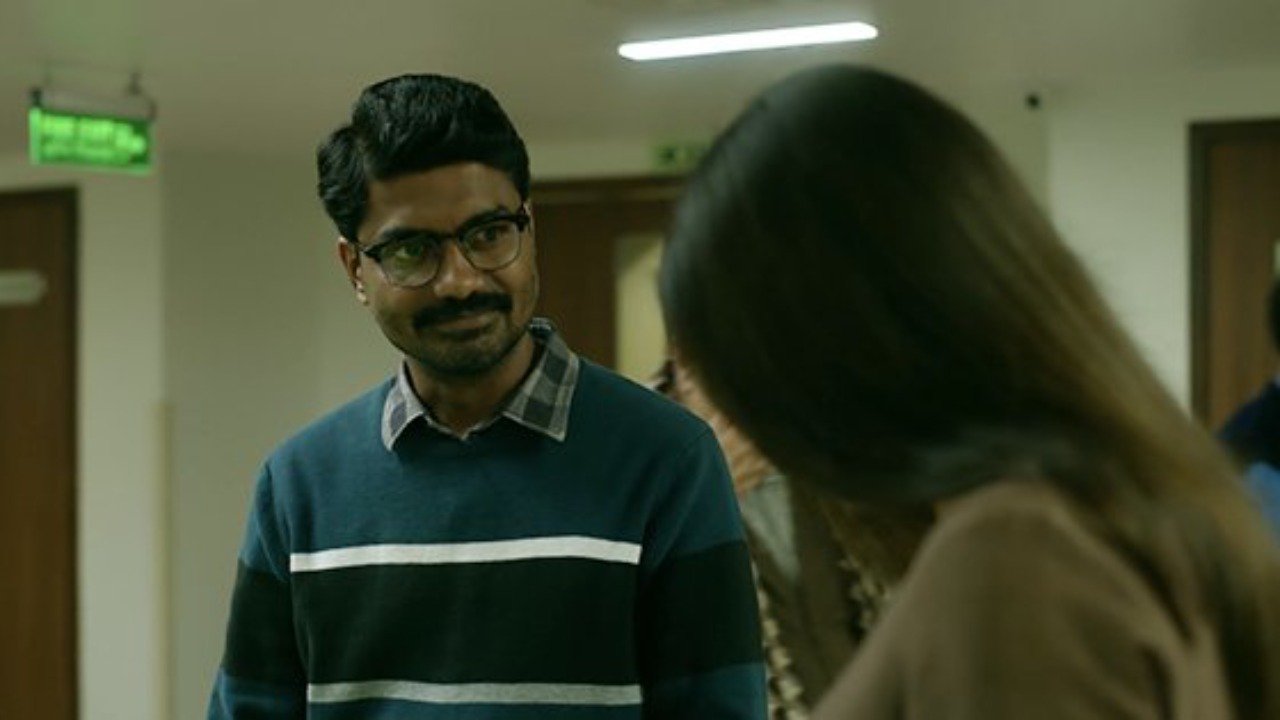
Movies have been entertaining us for years, but they could definitely do a little better going forward. And perhaps the clue for that lies in learning from the web series.







